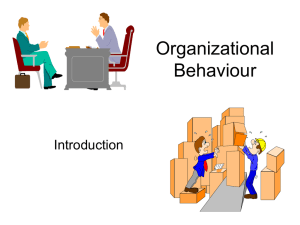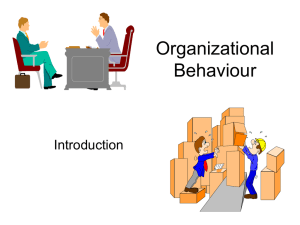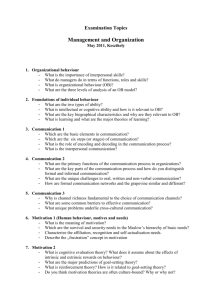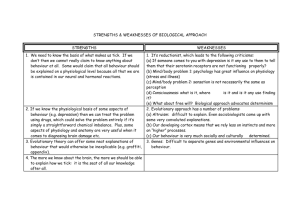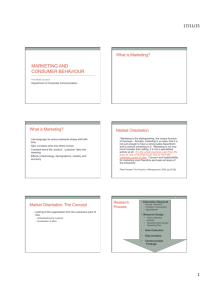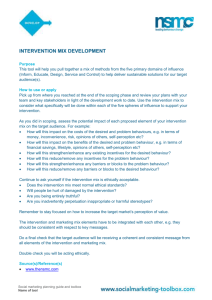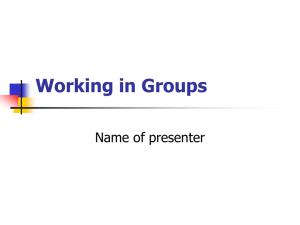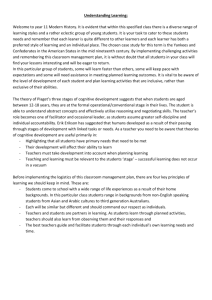SBIA FEEDBACK presentation JV
advertisement
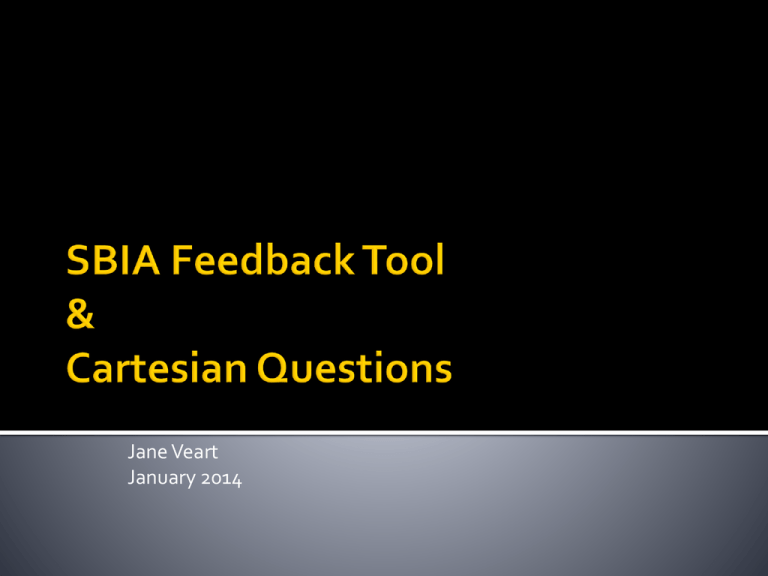
Jane Veart January 2014 I need to give someone some difficult feedback. I’m struggling to make a decision. Situation Behaviour Impact Action This can be used for both positive feedback and developmental feedback. The tool helps you avoid making assumptions that may be incorrect. People will understand exactly what it is that you are commenting on and why. Feedback needs to be specific. Start by being clear about the situation… “ In our team meeting this morning when we were discussing X…” or “Yesterday in your presentation to the board…” Next describe the behaviour you observed (not any conclusions you have drawn from it). “In our team meeting this morning when we were discussing X, you talked over me several times when I was giving my view” Or “Yesterday in your presentation to the board, I noticed calculation errors in your data and you were unsure about three of the slides…” Next explain the impact their behaviour has had on you or others… “…you talked over me several times when I was giving my view on X. I felt unvalued and that my opinions didn’t matter.” “…I noticed calculation errors in your data and you were unsure about three of the slides. I felt embarrassed because the entire board was there. I'm worried that this has affected the reputation of our team." At this point you need to allow the person time to take in what you’re saying and respond. Finally discuss what they could do to change this behaviour in the future: “….In our next meeting it would be good if you can allow me to finish what I am saying before you give your views”. If their behaviour had a positive impact, explore how they can build on this. Situation Define the where and when of the situation you're referring to. Behaviour Describe the specific behaviours that you observed directly. Impact Describe how the other person's action has affected you or others. Action Allow the other person time to absorb what you have said, and then discuss specific actions that will help them to improve or build on it. 3 C’s: Cool, Calm, Collected Four simple questions which can be used… When a coachee has a difficult decision to make. When a coachee is procrastination about doing something. In the GROW model when you are checking the options back to reality. Can be used very obviously (i.e. with a “worksheet”) or very subtly by the coach in their questions. What do I gain if I do? What do I gain if I don’t? Decisions, What do I lose if I do? Decisions, Decisions! What do I lose if I don’t?
